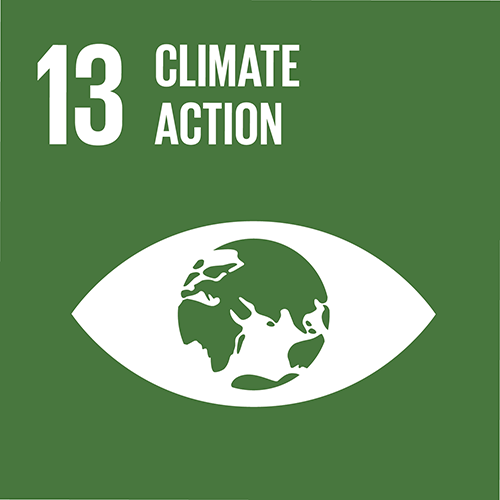Ceramic Purifiers for Clean Drinking Water in Laos
Project type: Water (Purification & Saving)
Project location: Distribution throughout Laos, production in Pakse
Project status: In operation, Credits available
Annual emission reduction of the whole project: 25,000 t
This climate protection project produces ceramic water purifiers locally, thereby providing the rural population in Laos with reliable access to clean drinking water. Reduced deforestation results in lower carbon dioxide levels and local forest ecosystems are protected. The risk of diarrhoea is reduced and the economic situation of households is improved. The project also lowers the volume of air pollution to which women and children are exposed indoors.
While there is sufficient surface water available in Laos, it is often dirty and not of a high enough quality for daily use, particularly in rural areas. Over 86 per cent of households do not have safe drinking water, but only 33 per cent of households boil their water for treatment. This is generally carried out using firewood from forests that are not sustainably managed or through the use of fossil fuels. However, many people cannot even afford this and are forced to drink water that is not clean. In rural Laos, the main causes of mortality in children under five remain essentially avoidable diseases that are transmitted by unclean drinking water.
Project implementation partner
myclimate’s partner TerraClear aims to provide more people with access to clean drinking water through the production and distribution of ceramic water purifiers. Using a ceramic water purifier, a family can produce its own drinking water each day, without having to rely on additional raw materials. Harmful microorganisms are filtered out of water thanks to porous ceramic with an average flow rate of three to five litres per hour.
During the rainy season we use rainwater, while in the dry season we use water from the Mekong River. Thanks to the purifiers, we no longer suffer from stomach pains and illnesses.
These ceramic purifiers not only create access to clean drinking water; they also reduce the time spent boiling unclean water and collecting firewood. Thanks to the project, expenses are falling for local households, the childhood mortality rate is dropping, and the wellbeing of people is improving, as their respiratory tracts are no longer exposed to the smoke of open fires. In addition, the time savings result in increased productivity and improve attendance rates of children in school.
Production of purifiers and reduced plastic waste
The purifiers are mixed from local materials – raw clay and rice husks – and pressed into a mould in a factory in Pakse. Each purifier is carefully smoothed and examined for imperfections that might become a problem after firing. The long-term use of ceramic water purifiers results in fewer plastic bottles being used and thrown away. The blue plastic containers in which the purifiers are hung and in which purified water is stored are hard-wearing and durable. While it is true that there is no recycling programme for them yet within the country, the few containers that are replaced or are inadvertently broken are generally used for other household needs.
Carbon Finance: more than CO2 reduction
Thanks to the income from CO₂ certificates, ceramic water purifiers are delivered to people in regions difficult to access, their use in schools is promoted, and measures implemented to raise awareness of the positive effects connected to the use of ceramic purifiers. This improves the health of Laos’ population, to protect endangered ecosystems and to improve the economic situation of people in rural areas. Further information can be found under 'Documentation'.
This project contributes to 5 SDGs (as of end 2021):
Find out how myclimate reports these SDGs in our FAQ.
The following SDGs are verified by the Gold Standard:
More than 200,000 people reported on noticing less smoke in their kitchen after having installed the water filter.
To date, 70,181 water purifiers have been sold and improved the access to clean drinking water for more than 400,000 people.
74 full-time jobs have been created, including 25 for women.
Thanks to the water purifiers, a certified 179,615 tonnes of carbon dioxide have been saved to date.
These SDGs have been approved by myclimate:
Thanks to the use of water purifiers, around 80,000 tonnes of firewood are saved per year.
Situation without project
Water is purified through boiling, using firewood and charcoal which are not from sustainable sourcesDocumentations
Project standard

Project number
7233









